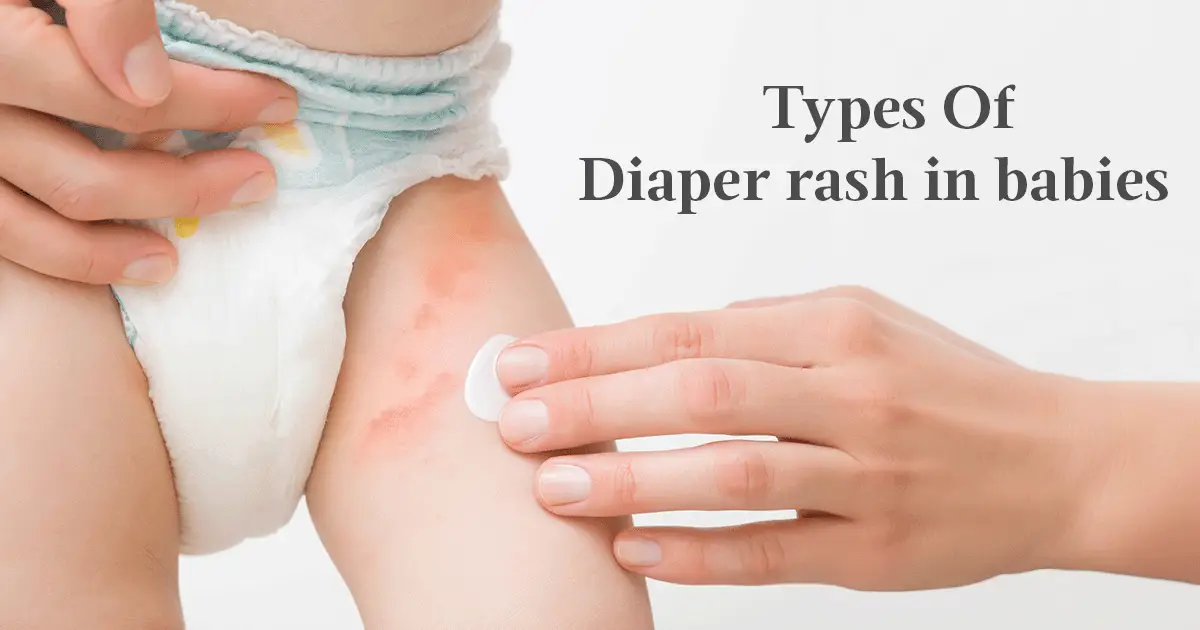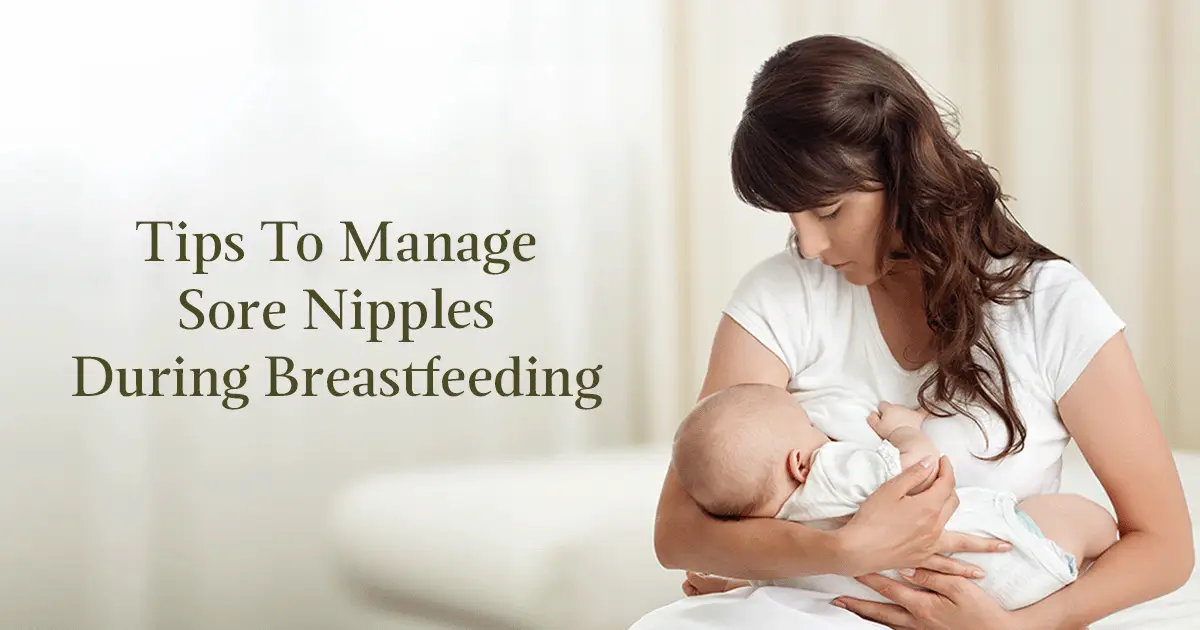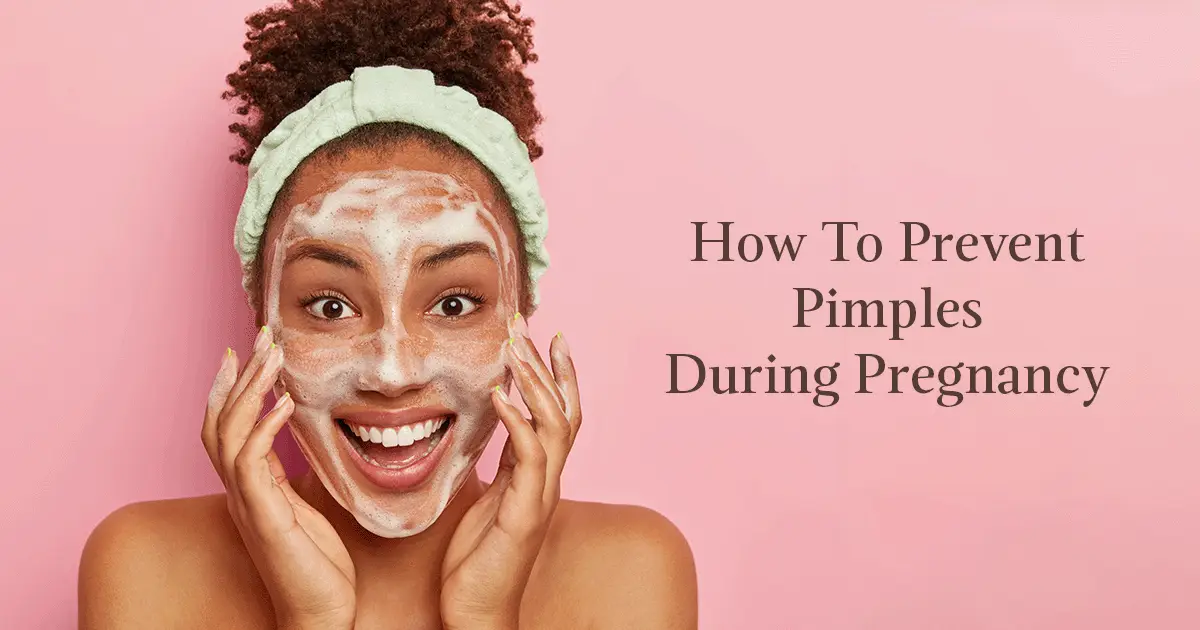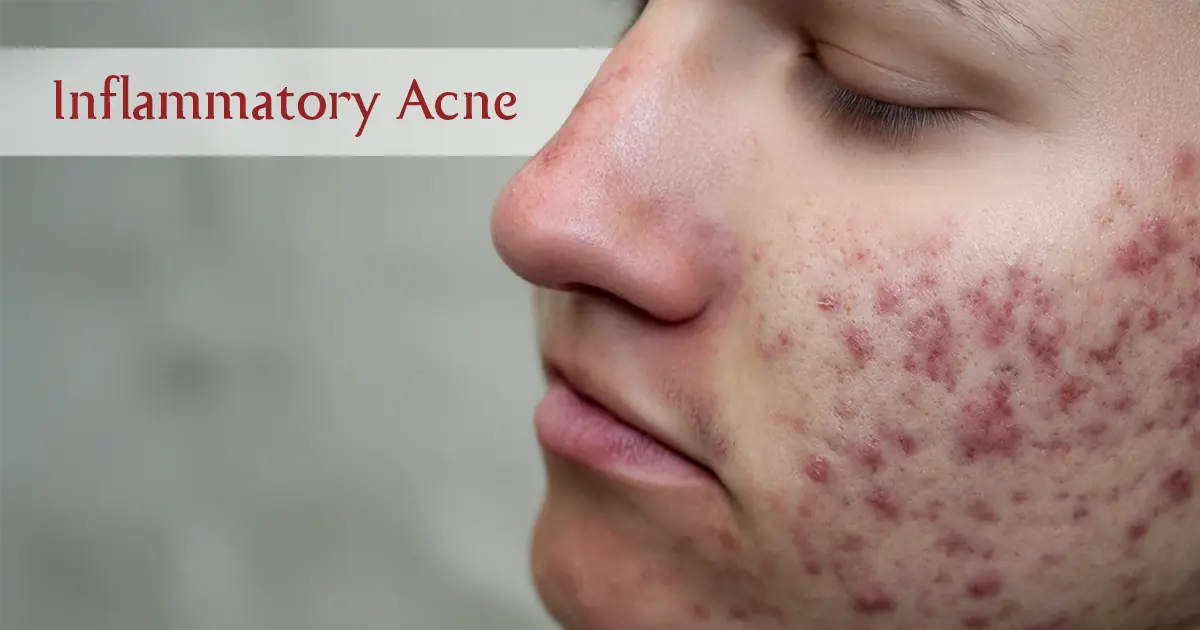
Noticed a swollen bump on your face? Ah, it might be acne, and it's a real concern for anyone experiencing it. If left untreated, acne can sometimes worsen and develop into painful cysts. But here's the truth: not every acne bump is inflammatory acne. So, what exactly is inflammatory acne?
In this blog, let's dive deeper into what inflammatory acne is and understand it in detail. Let’s read on.
Post Contents
[hide]
What is Inflammatory Acne?
Inflammatory acne refers to painful, swollen, red bumps on the skin, often categorised as papules, pustules, or sore nodules. These lesions commonly appear on the face, back, chest, and shoulders.
If a blackhead or whitehead breaks through deep under the skin, it can cause a strong inflammatory response that can lead to lumps or cysts. These sores are deeper, bigger, and hurt more. They might not get worse, and they take longer to heal. Especially cysts can be full of pus and have a higher chance of leaving scars.1 2
Causes and Symptoms of Inflammatory Acne
When hair follicles or skin pores become clogged with dead skin cells, sebum, or oily comedogenic products (such as certain cosmetics or creams), it leads to blockages. These blockages, in turn, cause the formation of whiteheads, blackheads, and small pimples.
If the buildup becomes excessive, the pore wall can rupture, releasing its contents into the surrounding skin. In response, the immune system activates and sends white blood cells to fight off bacteria and clear the debris. 1
The signs of inflammatory acne are
- Redness
- Swelling
- Pain
- Pus
Difference Between Acne And Inflammatory Acne
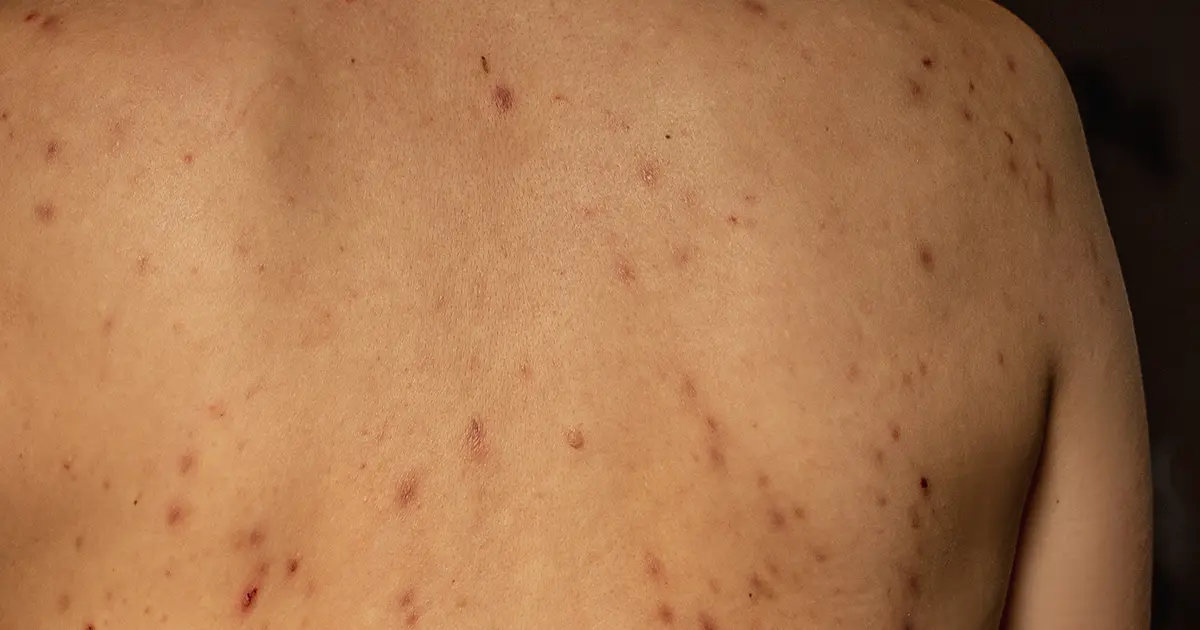
All acne is not the same. While some breakouts are small and painless, others are red, swollen, and tender. The key difference lies in whether inflammation is involved. Here’s a quick comparison to help you understand the difference between the two: 1
|
S.no |
Feature |
Inflammatory Acne |
Non-Inflammatory Acne |
|
1 |
Depth |
Forms deep within the skin |
Appears closer to the skin’s surface |
|
2 |
Appearance |
Red, swollen, and pus-filled pimples |
Typically not red, swollen, or filled with pus |
|
3 |
Pain |
Often sore or painful to the touch |
Usually painless |
|
4 |
Examples |
Includes cystic acne, nodules, pustules, and papules |
Includes whiteheads and blackheads (comedonal acne) |
|
5 |
Severeity |
More severe; can lead to scarring if left untreated |
Milder; lower risk of scarring |
Types Of Inflammatory Acne
Though the inflammatory acne are red and swollen, they may vary in size, depth and severity. Based on this, inflammatory acne is classified into three types; they are
|
S.no |
Feature |
Pustules |
Nodules |
Cysts |
|
1 |
Appearance |
Small, raised bumps on the skin’s surface |
Large, hard bumps deep beneath the skin |
Large, soft lumps deep under the skin |
|
2 |
Filled with |
Filled with pus, often white or yellow in the centre |
Solid; may not contain visible pus |
Filled with fluid or pus |
|
3 |
Colour |
Red, inflamed with a visible centre |
Skin-coloured or red without a visible head |
Red, swollen, and tender |
|
4 |
Pain/Tenderness |
Mild to moderate tenderness |
Quite painful |
Very painful or sore |
|
5 |
Healing Time |
Heals in a few days to a week |
Takes longer to heal |
Takes the longest time to heal |
|
6 |
Scarring Risk |
Low to moderate risk of scarring |
High risk of scarring |
Very high risk of scarring |
|
7 |
Severity |
Considered moderate severity |
Considered severe |
Considered the most severe form of acne |
How To Treat Inflammatory Acne
Mild inflammatory acne may respond to topical creams and cleansers available at your local pharmacy. These products help reduce inflammation, unclog pores, and kill acne-causing bacteria. 1
Common OTC Ingredients That Work:
- Benzoyl Peroxide
- Salicylic Acid
- Niacinamide (Vitamin B3)
- Azelaic Acid
Warning: Always consult a dermatologist before using any cream, especially if you are dealing with inflammatory or cystic acne. What works for one person might not work for another, and using the wrong product may worsen your skin condition.
In-Clinic Procedures for Inflammatory Acne
For stubborn or severe inflammatory acne, dermatologists may recommend minor surgical or non-invasive procedures. These treatments are performed under sterile conditions by trained professionals and can offer faster relief and improved skin recovery. Commonly used procedures are: 1
- Acne surgery
- Injection of cortisone
- Light therapy (kill bacteria using light)
Top 5 Tips To Prevent Inflammatory Acne
Few habits or lifestyle changes can help you to prevent inflammatory acne. Here are the top 5 tips. 1
- Keep your hands off your face.
- Choose skin-friendly products.
- Do not squeeze or pop acne.
- If you smoke, consider quitting.
- Wash your face twice a day.
Final Thoughts
Inflammatory acne can be more than just a skin issue—it’s often painful, persistent, and can impact your confidence. However, comprehending the underlying causes, identifying the various types, and adopting appropriate measures for prevention and treatment can significantly improve the situation.
Remember, every skin is unique. What works for one person may not work for another. That’s why it is important to be patient, consistent, and most importantly—seek guidance from a qualified dermatologist when dealing with moderate to severe acne.
At AreoVeda, we believe in gentle, safe, and effective skincare that truly supports your journey. Discover our pregnancy-safe, cellularly proven formulas designed to soothe, protect, and care for your skin naturally.
Frequently Asked Questions
Q1. What are inflammatory acne treatments?
Inflammatory acne is typically treated with topical creams (like benzoyl peroxide, retinoids, or antibiotics), oral medications (such as antibiotics or hormonal treatments), and in some cases, procedures like cortisone injections, acne extraction, or light therapy. The choice of treatment depends on the severity of the acne.
Q2. Does inflamed acne treatment work?
Yes, with the right treatment plan, inflamed acne can be significantly reduced or even cleared. However, it often requires a consistent skincare routine and may take several weeks to show results. Severe cases should always be managed under a dermatologist’s guidance.
Q3. What causes inflamed acne?
Inflamed acne occurs when pores get clogged with dead skin cells, excess oil (sebum), and bacteria. This triggers the immune system, leading to redness, swelling, and pus. Factors like hormonal changes, diet, stress, and use of comedogenic products can also contribute.
Q4. Is inflammatory acne a blemish?
Yes, inflammatory acne is considered a type of blemish. Unlike mild acne such as blackheads or whiteheads, these blemishes are red, swollen, and may be painful. They include pustules, nodules, and cysts, which are deeper and more severe.
Q5. Is inflammatory acne painful?
Often, yes. Inflammatory acne tends to be painful due to the swelling and pressure within the deeper layers of the skin. Cysts and nodules, in particular, can feel sore or tender to the touch.









